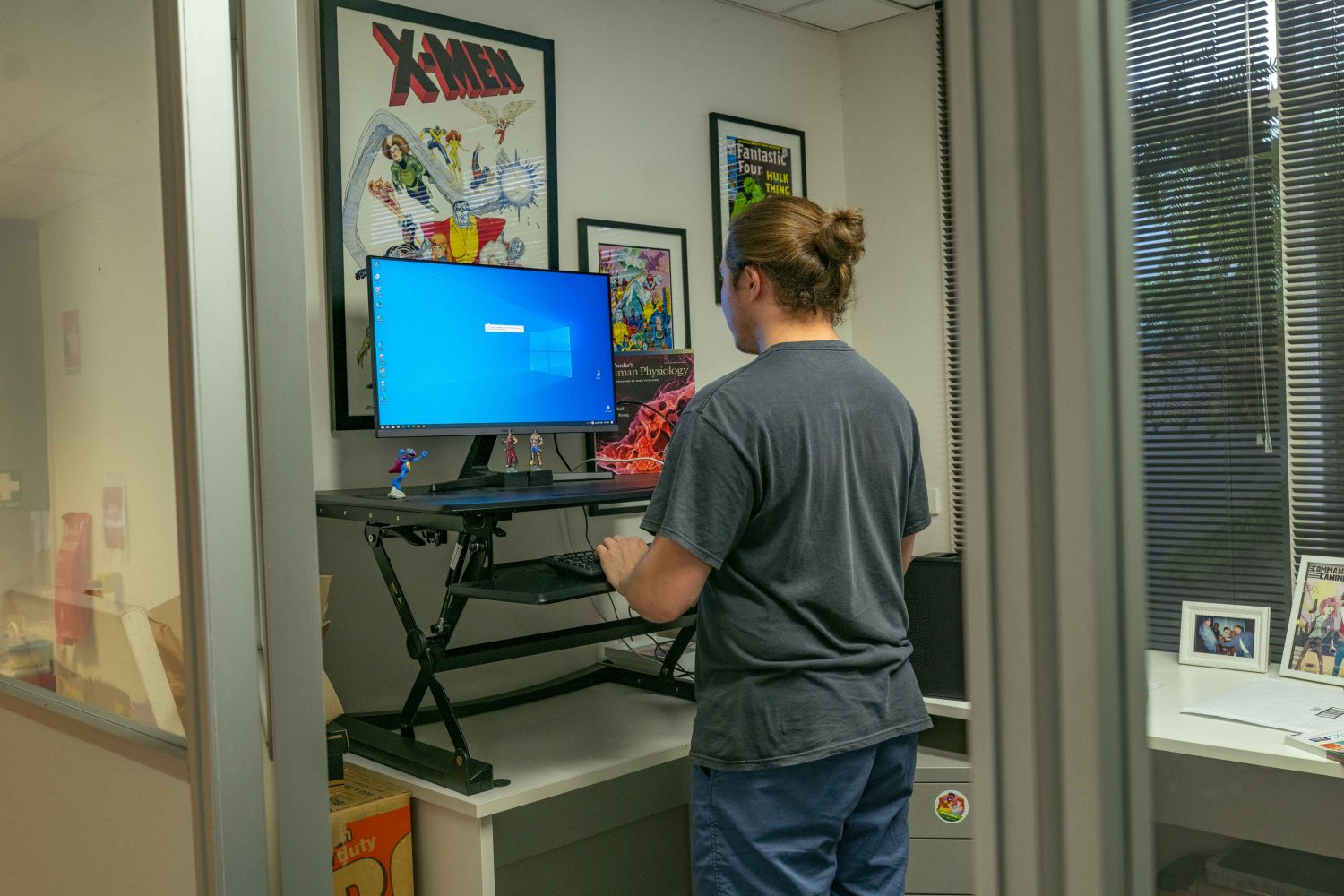And you may be able to do it yourself…
What is a cervical screening test?
Pap smears looked for abnormal cells in the cervix (the lower part of the uterus that connects to the vagina). A cervical screening test looks for HPV – the human papillomavirus – aka the ‘wart virus’ – the infection that causes these cells to change and is the cause of almost all cervical cancers.
Sometimes these abnormal cells can develop into cervical cancer, usually over time (10-15 years).
The way we collect a sample is the same so you won’t notice a difference at your appointment – however, you may be eligible to do it yourself!
Regular Cervical Screening Tests can prevent around 90% of cervical cancers.
What is HPV and how did I get it?
- HPV is transmitted through sexual activity and is very common. Most people who have ever been sexually active (80%) will have an HPV infection sometime in their life. It’s like the common cold for anyone who has ever had sex.
- The HPV infection can remain inactive in your body for a long time, so it can be difficult to know when you were infected, or who infected you.
- For most people, the body can clear the infection on its own, but it may take 1-2 years.
- If the HPV infection doesn’t clear up, it can cause cervical cells to change. If left untreated, these abnormal cells may develop into cervical cancer.
When should I have a cervical screening test?
Anyone aged 25-74 with a cervix who has ever been sexually active should have a cervical screening test.
- This should happen every 5 years if the results are normal.
- Start cervical screening when you turn 25.
- You will be offered an ‘exit’ test between the ages of 70 and 74.
From 1 July 2022, you have the option of:
- Having a clinician take a sample for you, or
- Taking your own sample*
It is important to remember that screening tests are for people without symptoms. If you have symptoms such as abnormal discharge, irregular bleeding, bleeding or pain during sex, this needs to be discussed with your doctor as tests to investigate symptoms are often different.
What happens if I have HPV?
Depending on the type of HPV you have and whether or not your cervical cells appear abnormal, you will either be asked to repeat the test in 12 months (keeping in mind most immune systems may clear an infection) or be referred for other tests.
What happens if I have a normal test result?
You will be advised to do another screening test in 5 years. Screening is repeated every 5 years between the ages of 25-74 for people who have normal test results.
Where can I find more information:
Book an appointment to meet with one of our doctors, we’d be more than happy to answer any questions you may have about cervical screening or symptoms you may be concerned about.
You can also find more information about the national cervical screening programme at www.health.gov.au/ncsp
* Some people may not be able to do self-collection. This includes:
- anyone with symptoms suggestive of cervical cancer.
- anyone undergoing test or cure of treatment for a high-grade squamous intraepithelial lesion (HSIL).
- Anyone who has been treated for a glandular abnormality, including adenocarcinoma in situ (AIS).
- Anyone who has been exposed to diethylstilbestrol (DES) in utero.




